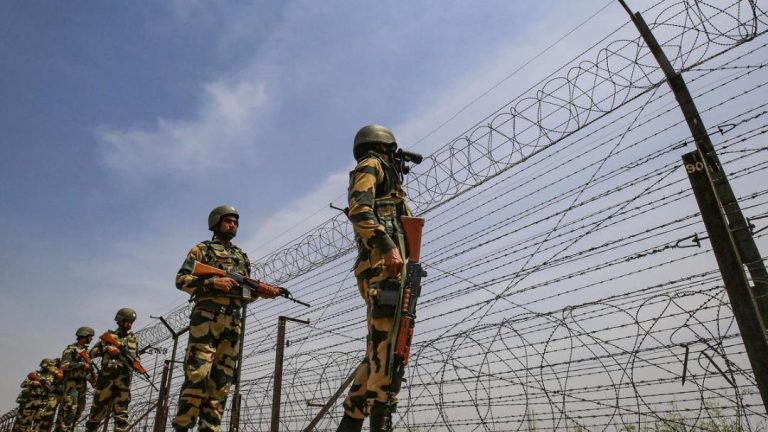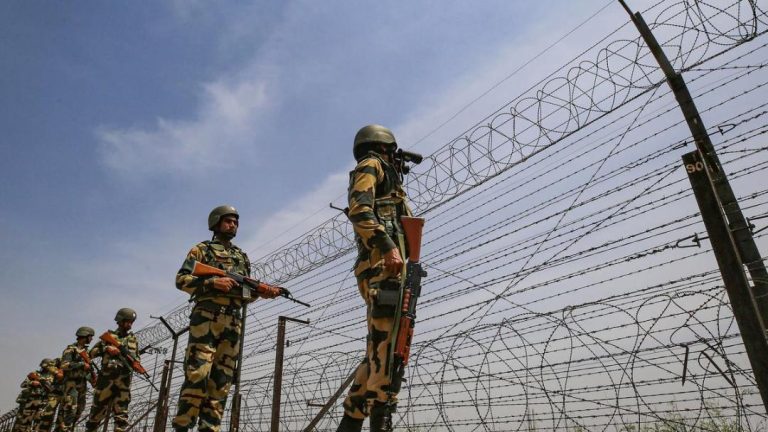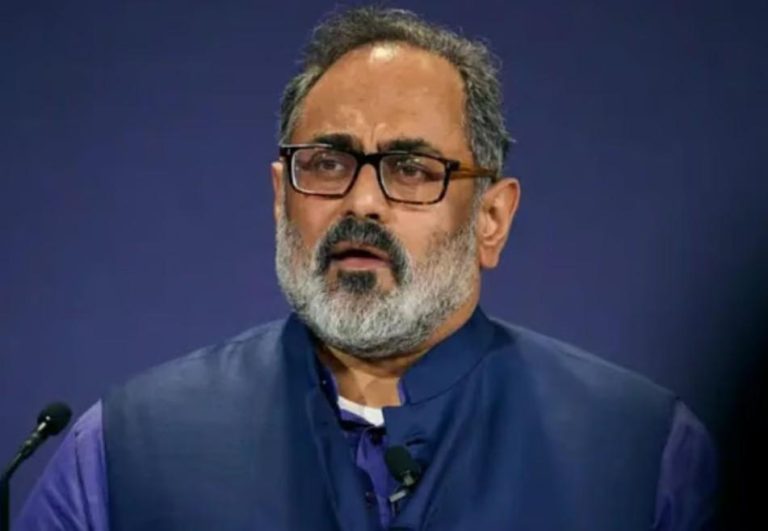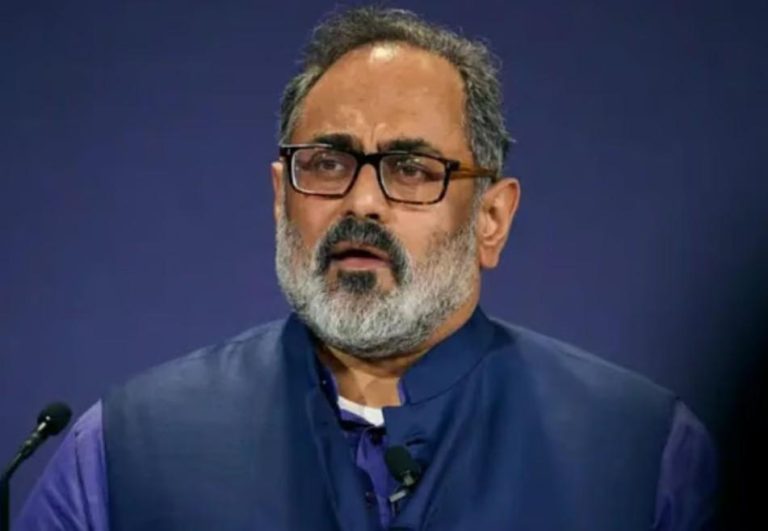
Indian National Jailed for 4 Years in Sri Lanka for Match-Fixing
Cricket, the game of gentlemen, has been plagued by the scourge of match-fixing for decades. The latest instance of this malady has come from Sri Lanka, where an Indian national, Yogi Patel, has been sentenced to four years in prison for match-fixing in the 2024 Legends League T20 tournament. The news has sent shockwaves across the cricketing world, with fans and authorities alike left reeling from the revelation.
According to reports, Yogi Patel was found guilty of proposing to fix matches in the tournament, which is a serious offense in the world of cricket. The Sri Lankan court also imposed a fine of SLR 85 million (approximately USD 450,000) on Patel, a significant amount that reflects the severity of his actions.
But that’s not all. Patel was also ordered to pay SLR 2 million (approximately USD 10,500) to Upul Tharanga, the chairman of Sri Lanka selectors, for defamation. It appears that Patel had made some damaging allegations against Tharanga, which the court has deemed to be false and defamatory.
The sentence is a stern warning to anyone who thinks they can get away with match-fixing. The Sri Lankan authorities have taken a firm stance against corruption in cricket, and Patel’s punishment is a testament to their commitment to upholding the integrity of the game.
But what led Patel to engage in such nefarious activities? Was he driven by greed, a desire for fame, or some other motivation? These are questions that will likely be answered in the coming days as the investigation into Patel’s actions continues.
Match-fixing is a serious problem in cricket, with many high-profile players and officials having been implicated in scandals over the years. It’s a threat to the very integrity of the game, and one that must be taken seriously by all involved.
In recent years, cricket authorities have taken steps to combat match-fixing, including the introduction of stricter rules and regulations. But despite these efforts, the problem persists, and it’s clear that more needs to be done to eradicate it from the game.
Patel’s sentence is a step in the right direction, but it’s just the beginning. Cricket authorities must continue to work together to root out corruption and restore the game’s reputation. Fans, players, and officials alike must be vigilant in their efforts to combat match-fixing, and work together to create a game that is fair, honest, and free from corruption.
In the meantime, the cricketing world will be watching with bated breath as the investigation into Patel’s actions continues. Will he appeal his sentence? Will he cooperate with the authorities to help uncover the truth about match-fixing in cricket? Only time will tell, but one thing is certain – the game of cricket will never be the same again.






